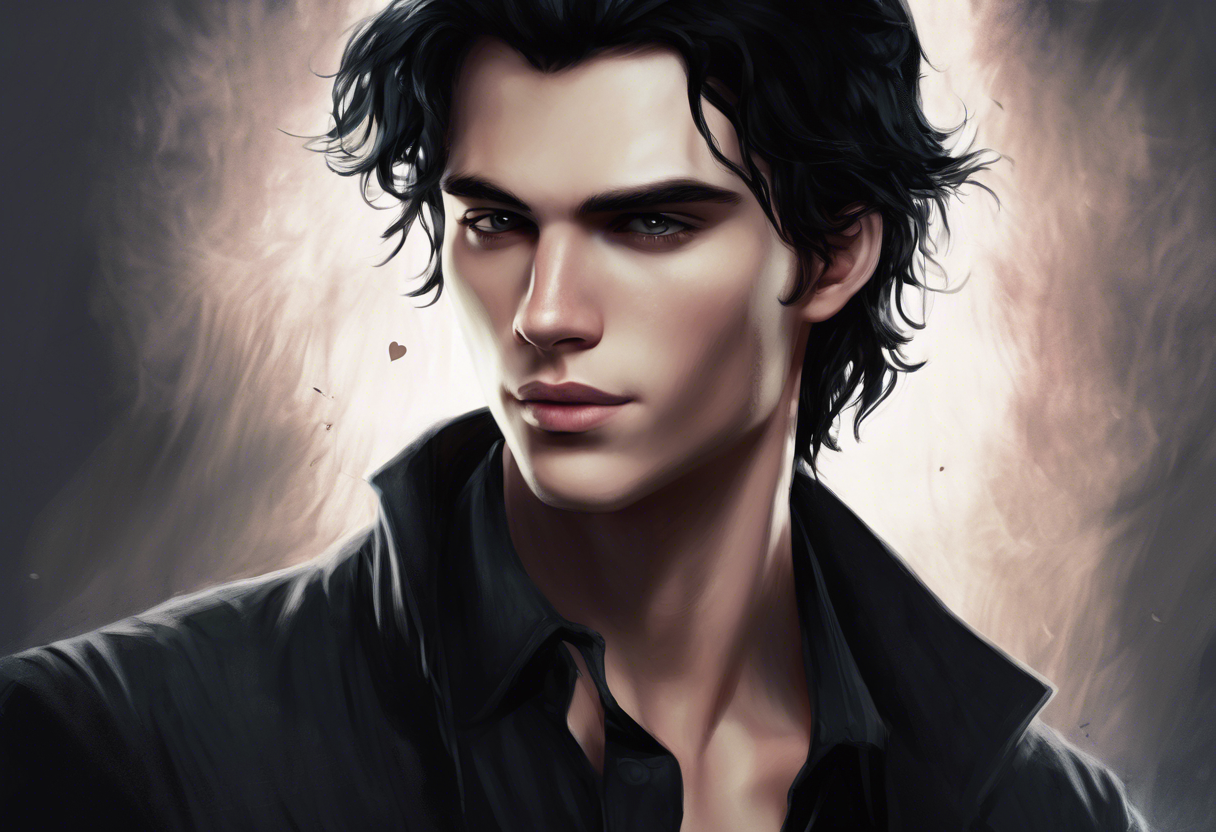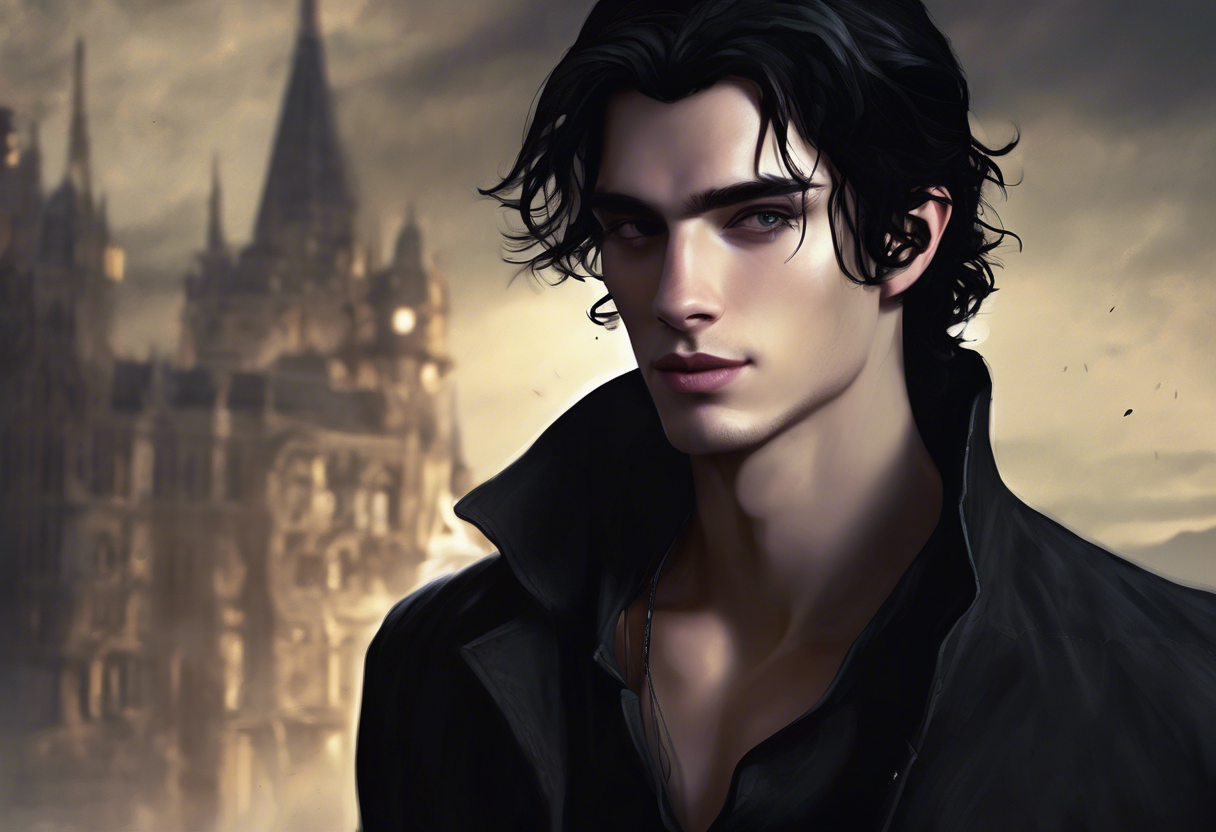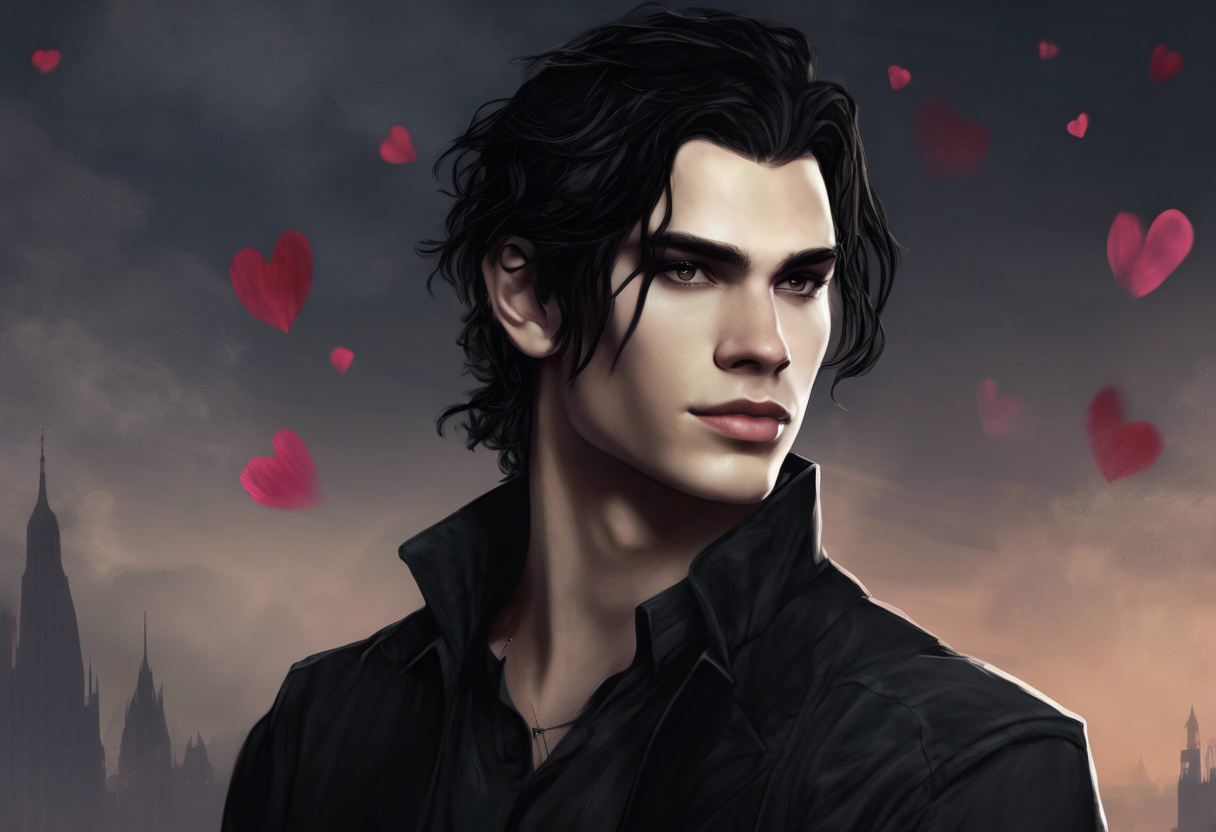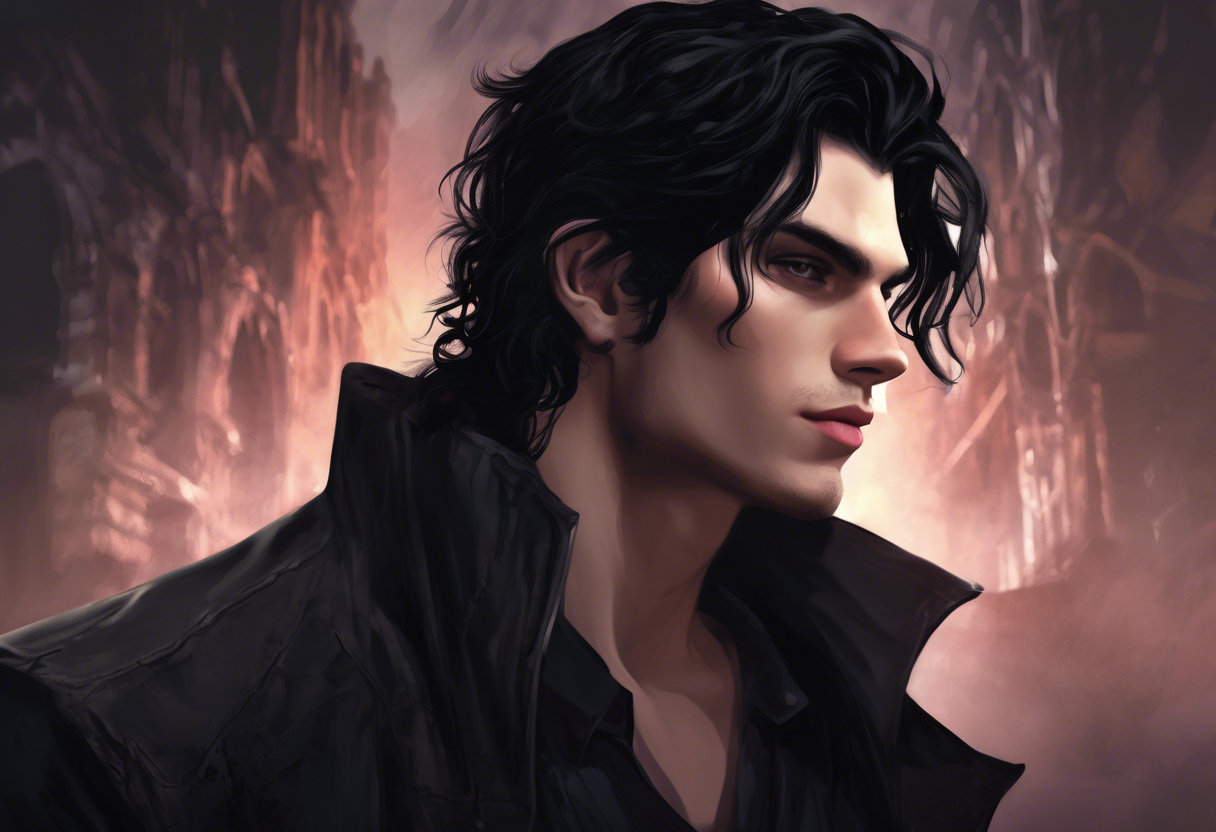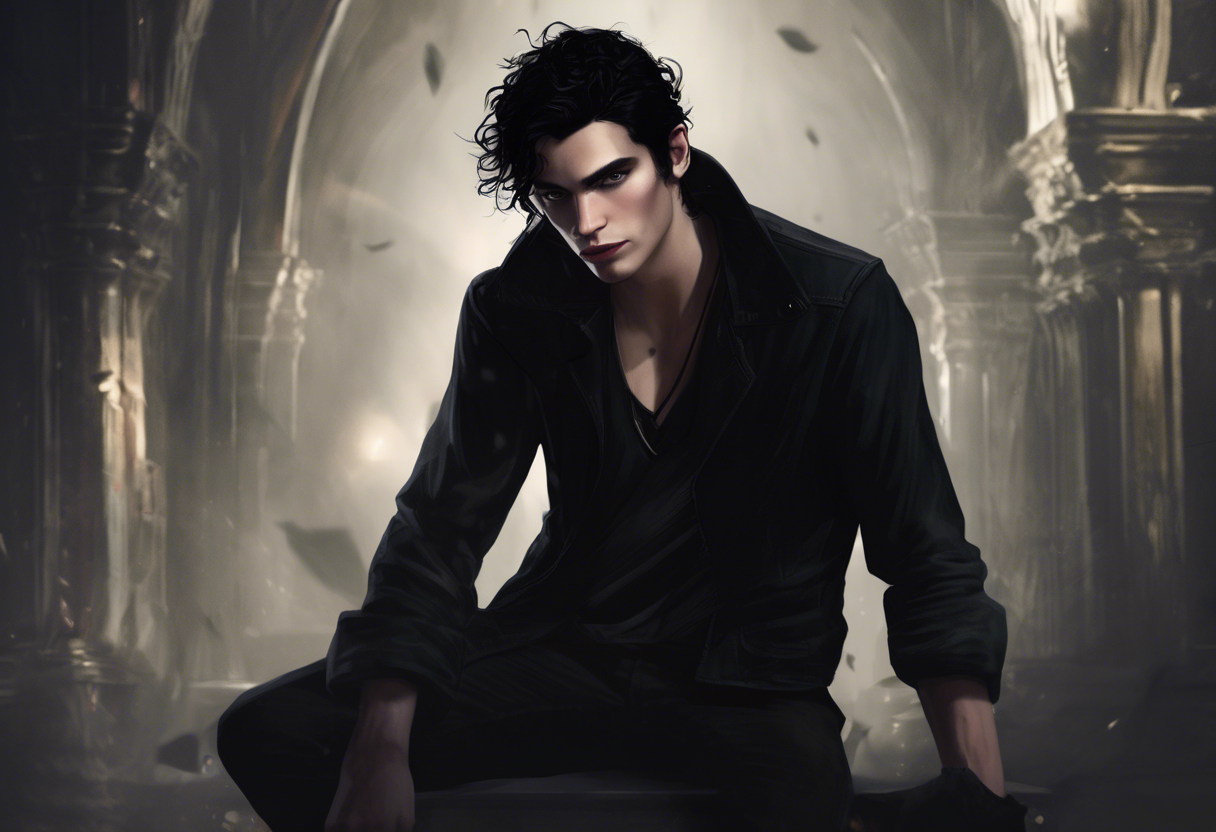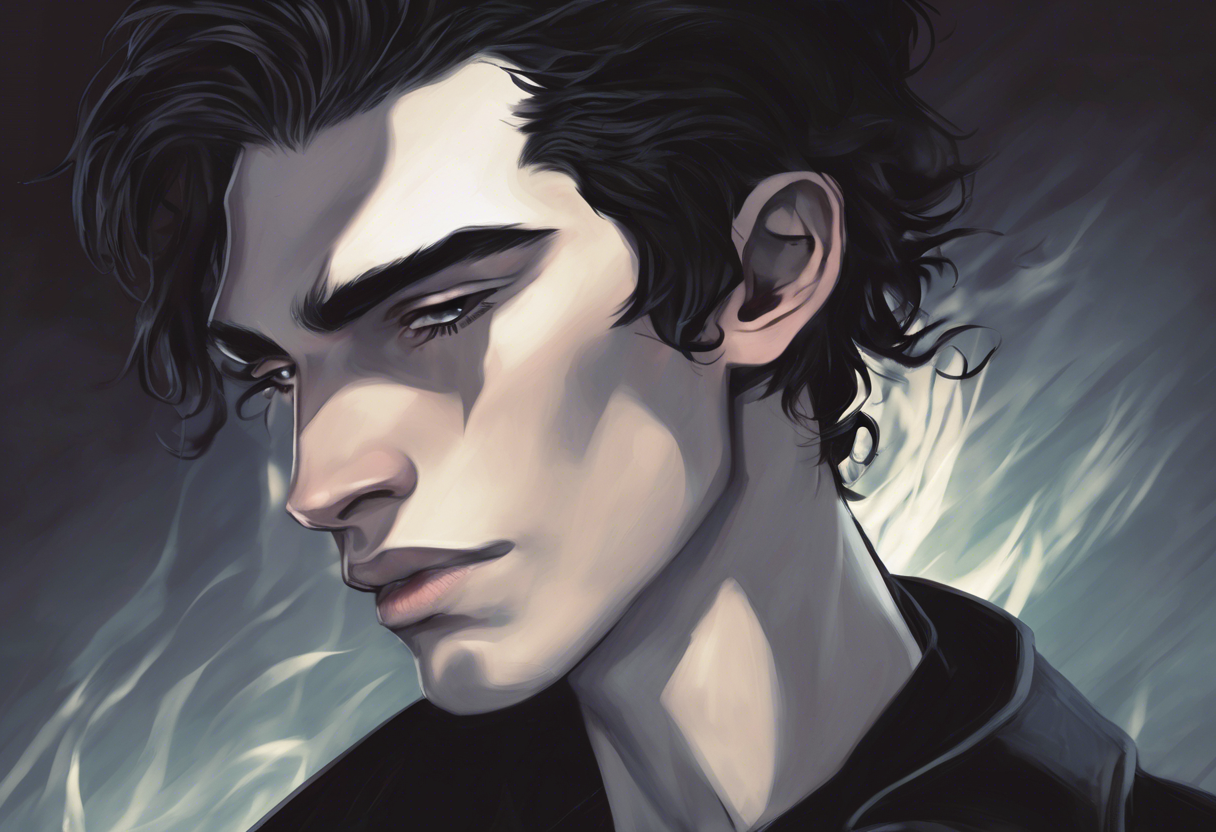Contents
Valentine Morgenstern: The Complex Villain of The Mortal Instruments
Introduction
Valentine Morgenstern is a central and complex character in Cassandra Clare’s series, The Mortal Instruments. Born to Oskar and Seraphina Morgenstern, Valentine was raised as a warrior by his father, a upbringing that instilled in him both a deep love and hatred for his parent [2][3].
Valentine’s character embodies the classic traits of an evil overlord: charisma, genius-level intellect, and a narcissistic sense of entitlement. He is the husband of Jocelyn Fairchild and the leader of the Circle, a group of Shadowhunters who share his extremist views on the eradication of demons and Downworlders. His actions and motivations drive much of the plot in The Mortal Instruments, making him a pivotal figure in the narrative.
Valentine’s significance extends beyond the series itself, as he represents a nuanced exploration of villainy that challenges traditional notions of good and evil. His character draws from broader literary traditions of complex villains, making him a compelling study in the realm of character development.
Role in the Story
Valentine’s storyline is deeply intertwined with the main characters of The Mortal Instruments. He forms the Circle with his friends, including Luke Garroway and others, with the ultimate goal of purging the world of demons and Downworlders. To achieve this, Valentine experiments with Downworlder and demon blood, injecting himself and his unborn child, Jonathan, with these substances [3].
As his obsession with power grows, Valentine’s relationship with his wife Jocelyn deteriorates. Jocelyn, along with Luke, plots against him to stop his dangerous plans. Valentine fakes his own death and that of his son Jonathan, adopting the identity of Michael Wayland to raise Jonathan in secret [3].
Throughout the series, Valentine’s actions are marked by manipulation and violence. He kills Jace in the Season 2B finale of the TV adaptation, using the Mortal Instruments to summon the Angel Raziel and attempt to destroy all Downworlders and Nephilim who protect them. However, Clary intervenes, altering the summoning circle and ultimately leading to Valentine’s death at her hands [4][5].
Valentine’s relationships with other characters are complex and often fraught. His son Jonathan, raised as Sebastian, becomes a spy for him and attempts to seduce Clary into joining their cause. Valentine’s interactions with Clary and Jace are particularly significant, as he sees them as key to his plans and is willing to go to extreme lengths to achieve his goals [3][5].
Character Analysis
Valentine Morgenstern is a masterfully crafted villain, characterized by his brilliance, cunning, and manipulative nature. His stoic, charming, and confident presence allows him to exert control over his followers and manipulate those around him to achieve his objectives [3].
One of the most compelling aspects of Valentine’s character is his conviction in his own righteousness. He believes that his actions are necessary to protect the Shadowhunter world, even if it means eradicating entire groups of beings. This conviction makes him a complex and nuanced character, rather than a one-dimensional villain.
Valentine’s motivations are rooted in his desire for power and his belief in the superiority of Shadowhunters. His experiments with demon and Downworlder blood are driven by a twisted sense of scientific curiosity and a need to enhance his own abilities. This obsession with power and purity leads him to execute anyone who stands in his way, including former friends and allies [3].
Despite his flaws, Valentine’s character is relatable in its complexity. His backstory, marked by a tumultuous relationship with his father and a sense of entitlement, humanizes him to some extent. This depth makes him a compelling character to study and analyze.
Themes and Symbolism
Valentine Morgenstern embodies several key themes in The Mortal Instruments, including the dangers of extremism, the blurred lines between good and evil, and the consequences of unchecked ambition.
Valentine’s extremist views on the eradication of Downworlders and demons symbolize the dangers of prejudice and discrimination. His actions serve as a cautionary tale about the destructive nature of hate and the importance of coexistence and understanding.
The character also represents the theme of the blurred lines between good and evil. Valentine’s conviction in his own righteousness and his willingness to do whatever it takes to achieve his goals challenge the traditional binary of good and evil. This complexity adds depth to the narrative and encourages readers to think critically about morality.
Furthermore, Valentine’s character symbolizes the consequences of unchecked ambition. His relentless pursuit of power and his willingness to sacrifice others for his goals ultimately lead to his downfall. This serves as a warning about the dangers of ambition when it is not tempered by compassion and ethics.
Cultural Impact
Valentine Morgenstern has had a significant cultural impact since his introduction in The Mortal Instruments. He has been well-received by fans for his complexity and the depth he brings to the story.
In adaptations, Valentine has been portrayed by Alan Van Sprang, who brought the character to life with his compelling performance. The TV series adaptation of The Mortal Instruments highlighted Valentine’s charismatic and menacing presence, making him a standout villain in contemporary television [4].
Valentine’s influence extends beyond the series itself. He has inspired other villainous characters in literature and media, representing a new wave of complex and nuanced villains. His character archetype has become a benchmark for creating compelling and multidimensional antagonists.
Critical Reception
Critics and audiences have had varied reactions to Valentine Morgenstern. Many have praised his complexity and the depth he adds to the narrative. His character has been lauded for challenging traditional notions of villainy and for providing a nuanced exploration of morality.
However, some critics have argued that Valentine’s actions are too extreme and that his character sometimes veers into the realm of pure evil rather than complex villainy. Despite these criticisms, Valentine remains one of the most memorable and compelling villains in contemporary young adult literature.
Legacy
Valentine Morgenstern’s enduring appeal lies in his complexity and the depth he brings to the narrative. He remains a relevant figure in contemporary discussions about morality, extremism, and the nature of good and evil.
His influence on literature and media is evident in the many complex villains that have followed in his footsteps. Valentine’s character has inspired a new generation of writers to create nuanced and multidimensional antagonists.
In conclusion, Valentine Morgenstern is more than just a villain; he is a symbol of the dangers of extremism, the blurred lines between good and evil, and the consequences of unchecked ambition. His legacy continues to shape the way we think about villainy and morality in literature and beyond.
References
- https://shadowhunters.fandom.com/wiki/Valentine_Morgenstern
- https://villains.fandom.com/wiki/Valentine_Morgenstern
- https://aminoapps.com/c/shadowhunters/page/item/valentine-morgenstern/orV8_VWUoI73xrgVkKmo7anXKb4bmKa4ez
- https://www.basicstuffmagazine.com/valentine-morgenstern-most-memorable-moments/
- https://en.wikipedia.org/wiki/List_of_The_Mortal_Instruments_characters

